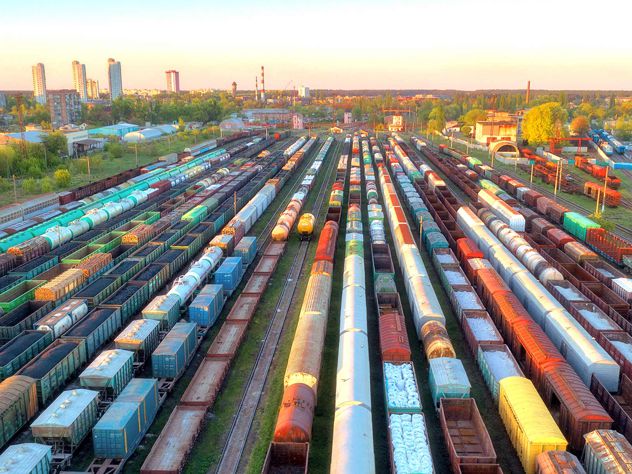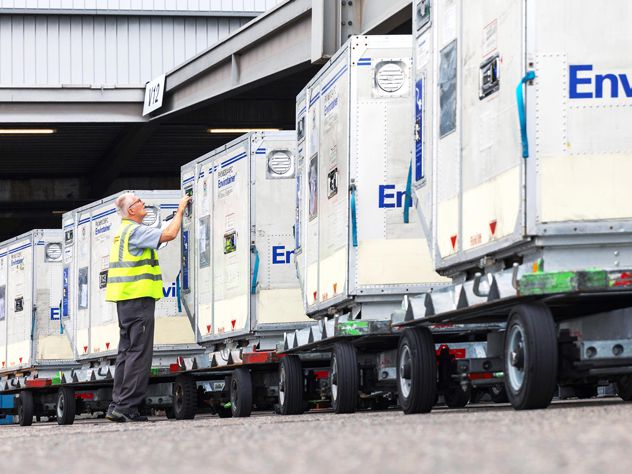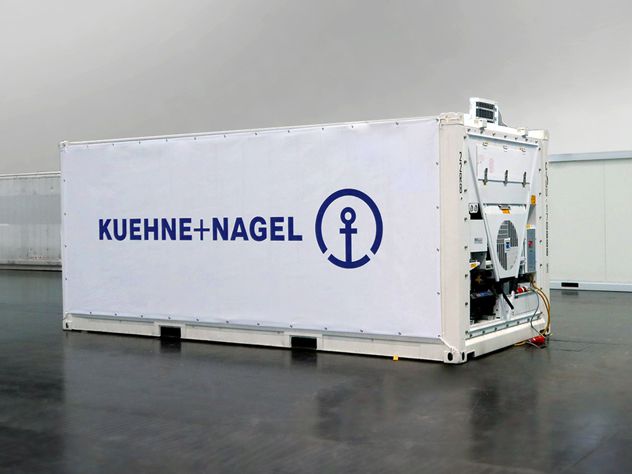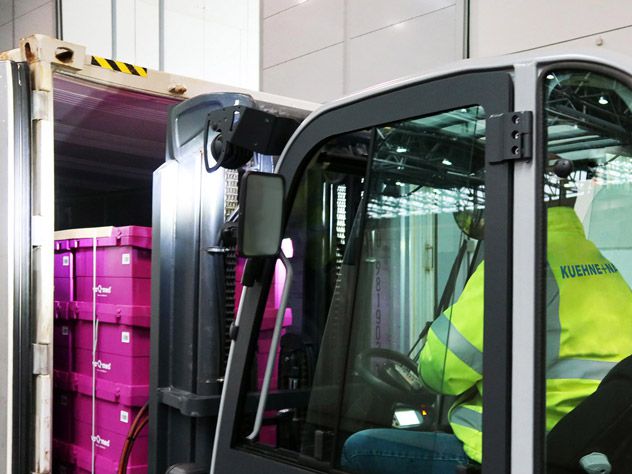Back Shining a light on COVID-19 vaccine supply chains
Market Insights
Shining a light on COVID-19 vaccine supply chains
Efforts to defeat the COVID-19 virus have taken a giant leap forward in recent weeks as three pharmaceutical companies have released promising interim results from their clinical Phase III trials—raising hopes that several vaccines will be widely available in 2021.
Yet as new vaccines gain approval, the global vaccine supply chain gains complexity and public concerns increase. Are logistics companies ready? Is there enough air freight and cold-chain capacity? Will distribution be a major factor in vaccine costs?
Given the growing concerns about successful vaccine production and delivery, Boston Consulting Group researched some of the most complex issues around the vaccine supply chain, from air freight capacity and the dry ice supply to cold chain resources and the cost of vaccine distribution. And our findings were surprisingly reassuring. The overall costs of the vaccine will be relatively low vis-à-vis the toll of the virus on the global economy—and the supply chain costs will represent just a fraction of the total. The air freight capacity is in place. The cold chain requirements can be met through existing dry ice production for the vaccines that need it, and new container solutions have been specially developed. In addition, key stakeholders along the vaccine supply chain already have the experience to take on the issues and have formed contingency plans.
While there’s no doubting the complexity inherent to global delivery of a new vaccine, we find the potential constraints to be manageable. Of course, all the information is not yet known. It is therefore essential that stakeholders along the value chain, from developers and manufacturers to logistics players and the authorities, work together to mitigate these constraints as transparently as possible and take decisive action to address them.
By: Camille Egloff, Vaidyanathan Srikant, Dominik Keupp, Maximilian Moser, Sabine Pebrier, and Jesus Montero of Boston Consulting Group and Robert Coyle of Kuehne+Nagel.










